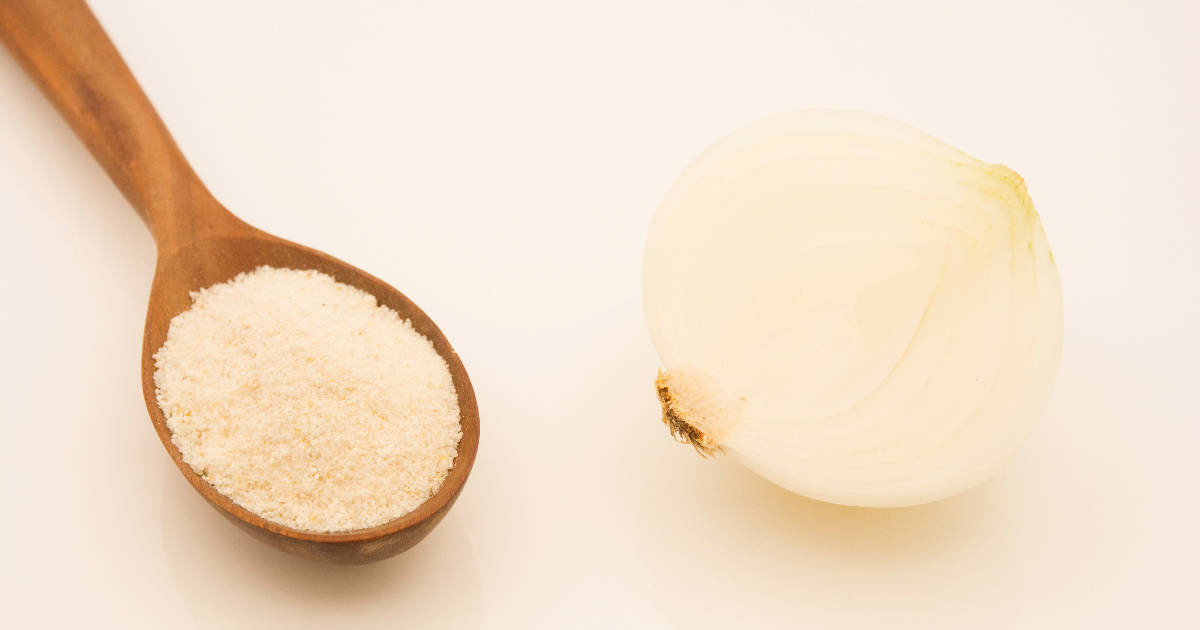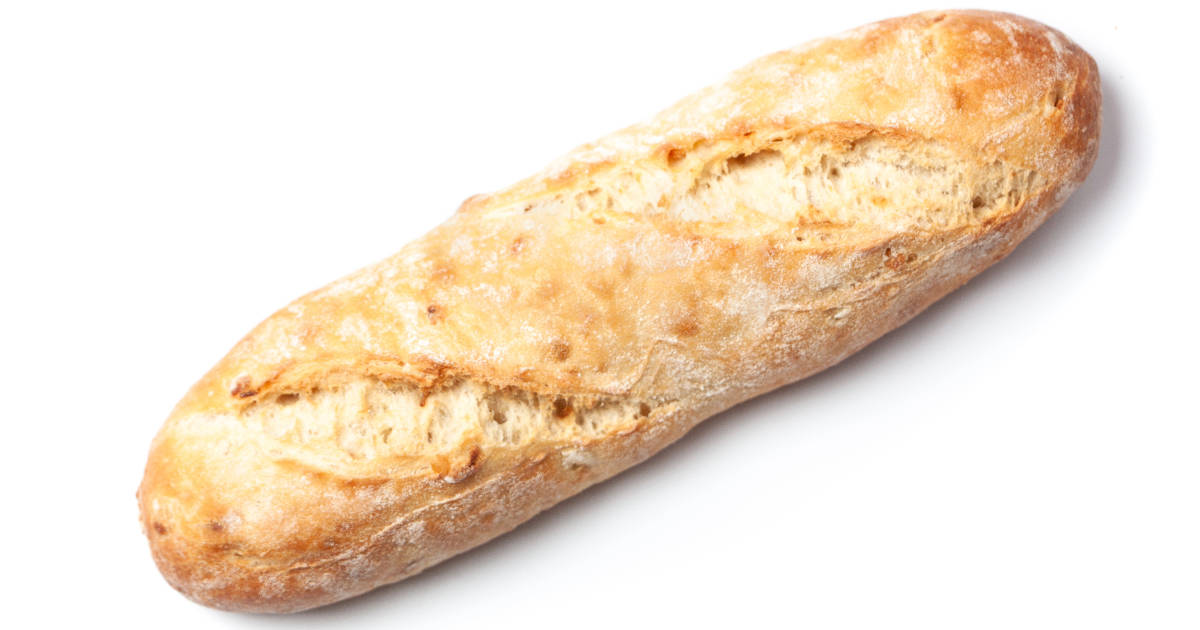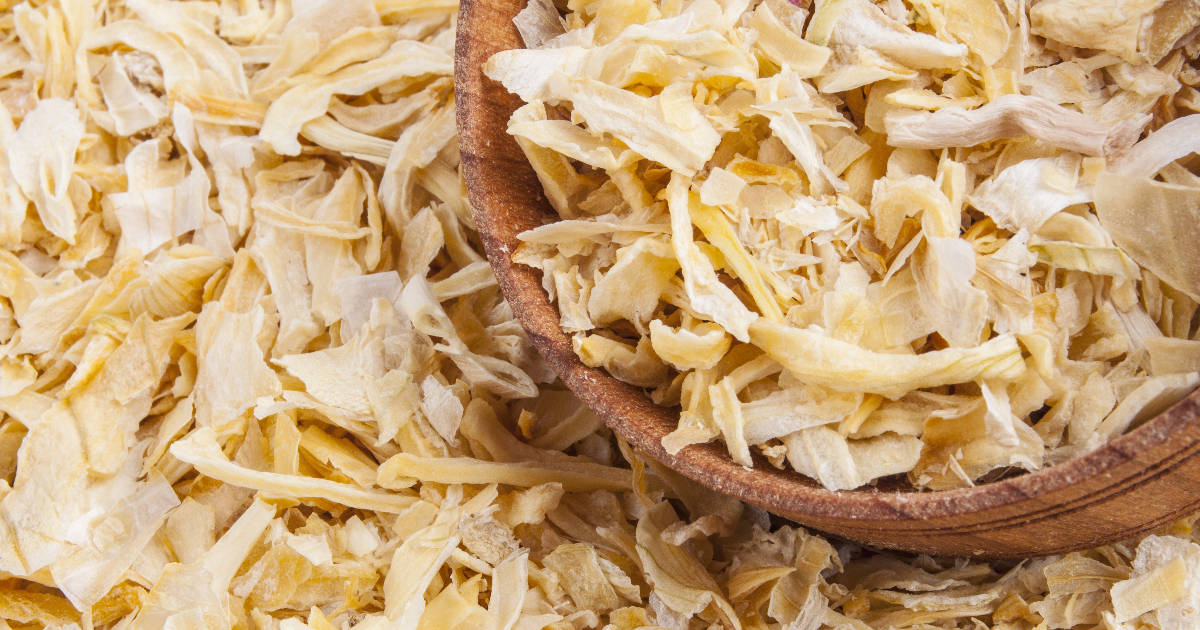Onion powder is an incredibly versatile ingredient that can enhance the flavor of many savory dishes. It provides an intense, concentrated onion flavor without the need to chop and cook fresh onions. A little sprinkle of onion powder can add a punch of flavor to soups, stews, marinades, rubs, casseroles, vegetables, and more. Because onion powder blends so evenly into dishes, it distributes onion flavor evenly throughout. This makes it a great way to infuse an overall onion taste into recipes.

When creating rubs and spice blends, onion powder is an essential ingredient. Its potent flavor combines well with other spices like garlic powder, cumin, thyme, parsley, and red pepper flakes. These blends can be used to season meat, fish, and vegetables before cooking. Onion powder also works well for seasoning ground meats used in dishes like meatballs, burgers, and meatloaf. For the best flavor distribution, sprinkle about 1 teaspoon of onion powder per pound of ground meat.
Enhancing Savory Dishes
Onion powder shines in savory dishes that traditionally use fresh onions as an ingredient. For example, onion powder can provide a flavor boost to soups, stews, chilis, and gumbos. Simply sprinkle it on the surface and stir it in. The fine powder will dissolve into the liquid, infusing it with an onion taste. Onion powder is perfect for cooking when you want onion flavor without the texture of chopped onion pieces.
Another excellent use is seasoning vegetable dishes. Toss onion powder with fresh or roasted veggies along with olive oil, salt, and pepper. You can also mix it into creamy salad dressings or drizzle it over salads. When making potato dishes like mashed potatoes or gratins, stir in onion powder while cooking for extra flavor. Sprinkle it onto dishes as a garnish, like popcorn or roasted nuts, for a tasty savory kick.
Onion Powder in Meat Dishes
Onion powder excels at bringing out the flavor in meat dishes. Beef roasts, pork chops, lamb, and chicken all benefit from a sprinkling of onion powder before cooking. For extra flavor, combine onion powder with other spices like garlic powder, paprika, rosemary, salt, and pepper to create a bold spice rub. Let meat marinate in the rub for 1 hour before roasting or grilling.
Another smart use is adding onion powder to ground meat mixtures. Sprinkle it into meatloaf, burger patties, meatballs, or sausage meat before shaping and cooking. The onion powder infuses the meat with flavor clear through. It's also excellent stirred into pan drippings and gravies made from roasted meats.
Baking with Onion Powder

A dash of onion powder can enhance the flavor of many baked goods. When making bread dough, sprinkle in onion powder along with the flour and yeast. It gives breads like focaccia, rolls, and loaves an extra savory aroma. Add it to a scone and biscuit dough for a tasty twist. You can also fold onion powder into pie dough recipes, pizza doughs, and pot pie toppings.
For savory baked dishes like quiches, frittatas, and stratas, onion powder boosts the overall flavor. Whisk it into egg mixtures along with other seasonings before baking. It also livens up classic dishes like Salisbury steak and chicken pot pie when dusted over the fillings.
Onion Powder Storage and Handling
To keep onion powder fresh and flavorful for up to 4 years, store it in an airtight container in a cool, dry place away from heat and light. Exposure to moisture and humidity causes onion powder to clump and lose its potency more quickly. Give the container a shake periodically to prevent clumping and distribute the powder evenly.
When using onion powder in cooking, avoid letting steam and moisture enter the container. Pour some into your hand first before sprinkling into a hot pan or pot. Start with small amounts, tasting as you go. Onion powder has a very concentrated flavor, so a little goes a long way.
Substituting Onion Powder
If you don't have onion powder, there are a few good substitutes available. Onion salt contains both onion powder and salt, so you'll need to adjust the salt content of the recipe. Dried onion flakes can also work, using 1 tablespoon flakes per 1 teaspoon onion powder. Garlic powder has a similar pungent flavor, though it lacks onion powder's slight sweetness.
For most recipes, fresh onions are an option too. Chopped or minced fresh onions can replace onion powder measure for measure. However, they will add moisture and volume to the dish as they cook down. Fresh onions also require prep time for peeling and chopping.
The History and Making of Onion Powder

Onion powder's origins can be traced back to ancient Egyptian and Middle Eastern cultures thousands of years ago. It became more widely used in Europe during the Middle Ages as a way to preserve onions when fresh supplies were scarce. Meanwhile, the process for commercial production was developed in the United States in the 1930s.
To make onion powder, whole fresh onions are peeled, trimmed, and dehydrated. Various methods are used for dehydrating, including air drying, low-heat drying, freeze drying, and vacuum drying. Once dehydrated, the dried onions are milled into a powder. Onion powder contains only about 4-5% moisture versus the 89% water content in fresh onions.
This dehydration process concentrates the flavors and nutrients, making onion powder much more potent than fresh. It also gives onion powder a shelf life of up to 4 years. Different types of onions can be used to make onion powder including yellow, white, red, and sweet varieties. Each imparts slightly different flavor nuances.
Frequently Asked Questions
What's the difference between onion powder and onion salt?
Onion powder contains 100% dehydrated and ground onion. Onion salt is a mixture of onion powder blended with salt, usually in a ratio of four parts onion powder to one part salt. The salt helps absorb moisture and prevent caking.
Is onion powder healthy?
While not as nutritious as fresh onions, onion powder does provide dietary benefits. It contains antioxidants, fiber, vitamin C, vitamin B6, and beneficial plant compounds. Onion powder also has anti-inflammatory and anti-bacterial properties. Overall, it's a flavorful, low-calorie way to add taste to dishes.
How much onion powder equals a fresh onion?
As a general substitution ratio, 1 teaspoon of onion powder equals half of a small fresh onion or 1/3 cup chopped onion. The powder form is much more concentrated and intense in flavor than fresh. Start with small amounts until you get a feel for its potency.
What are the best ways to cook with onion powder?
Many dishes benefit from onion powder's flavor-enhancing qualities. Sprinkle it over meats before grilling or roasting. Add it to rubs and marinades. Mix it into ground meat. Toss it with vegetables. Stir it into soups, stews, casseroles, salad dressings, and more. Get creative with this versatile spice!
Conclusion
With its highly concentrated flavor and aroma, onion powder is an invaluable ingredient for cooking. It can quickly enhance the flavor of soups, stews, marinades, meat dishes, savory baked goods, and more.
Just a small sprinkling infuses food with the essence of fresh onion flavor without the prep work required for fresh onions.
Keep onion powder on hand to elevate the flavor of all your savory cooking any time a recipe calls for onion.

